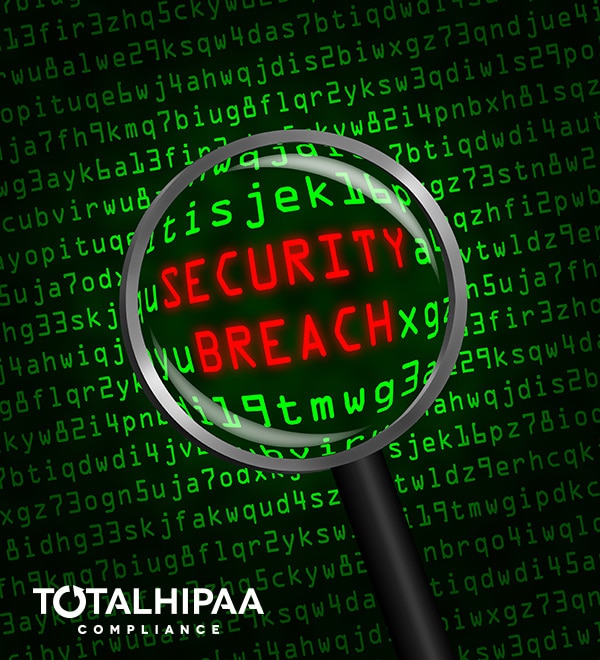

Exceptions include (among other things) where the agency believes that the notification would be likely to prejudice the security or defense of New Zealand or the international relations of the Government of New Zealand, or endanger the safety of any person.Īn agency may delay notifying an affected individual or giving public notice of a notifiable privacy breach (but not the Privacy Commissioner) if the agency believes that a delay is necessary because notification/public notice may have risks for the security of personal information held by the agency and those risks outweigh the benefits of informing affected individuals. An exception to notifying the affected individual under the Privacy Act applies.Notification to each affected individual is not reasonably practicable, in which case the agency must instead give public notice of the breach in accordance with the requirements under the Privacy Act or.Notify the affected individual(s) in accordance with the requirements under the Privacy Act, unless:.Notify the Privacy Commissioner in accordance with the notification requirements under the Privacy Act, and.If, on assessment of all factors concerning the privacy breach, an agency determines that a notifiable privacy breach has occurred, the agency must, as soon as practicable after becoming aware that a notifiable privacy breach has occurred: The nature of the harm that may be caused to affected individuals.Whether any personal information is sensitive in nature, and.Any action taken by the agency to reduce the risk of harm following the breach,.However, when assessing the likelihood of serious harm, an agency must consider (among other things): The Privacy Act does not define "serious harm". A notifiable privacy breach is a privacy breach that it is reasonable to believe has caused serious harm to an affected individual or individuals or is likely to do so.Includes any of the above matters, whether or not caused by a person inside or outside the agency or attributable in whole or in part to any action by the agency.An action that prevents the agency from accessing the information on either a temporary or permanent basis, and.Unauthorized or accidental access to, or disclosure, alteration, loss, or destruction of, the personal information, or.A privacy breach, in relation to personal information held by an agency, means:.

We’ll have to wait for Intel and MSI to share more information on the data breach in order to know what happens next.Under the Privacy Act 2020 ( Privacy Act), there is a mandatory requirement for agencies to notify the regulator (New Zealand Privacy Commissioner) and affected individuals of "notifiable privacy breaches." This includes not downloading files from sources you don’t trust and regularly scanning your computer with antivirus software, if you’re using any. If you’re using a build with an MSI motherboard and an Intel chip, take the usual security measures to stay safe. It’s possible that it opened the door to the creation of malware that can skip right past Intel Boot Guard, and that could be dangerous for affected devices. It’s hard to say precisely how big of an impact this leak might have. It should be noted that Intel BootGuard OEM keys are generated by the system manufacturer, and these are not Intel signing keys.” There have been researcher claims that private signing keys are included in the data, including MSI OEM Signing Keys for Intel BootGuard. In a statement to Bleeping Computer, Intel said: “Intel is aware of these reports and actively investigating. Matrosov claims that Intel Boot Guard may now be ineffective on some of Intel’s best processors, including Tiger Lake, Alder Lake, and Raptor Lake chips running on MSI-based devices. If threat actors gain access to these keys, they might be able to create powerful malware that’s capable of bypassing Intel’s security measures. The fact that it’s now compromised makes this as much Intel’s problem as it is MSI’s.

Intel Boot Guard prevents the loading of malicious firmware on Intel hardware.
#Security breach code#
MSI refused to give in and didn’t pay the ransom, and unfortunately, the hacker gang followed through and started leaking the firmware source code of MSI’s motherboards.Īccording to Alex Matrosov, the CEO of Binarly, a security platform, the source code may have contained some really sensitive information, such as Intel Boot Guard private keys for 116 MSI products.


 0 kommentar(er)
0 kommentar(er)
